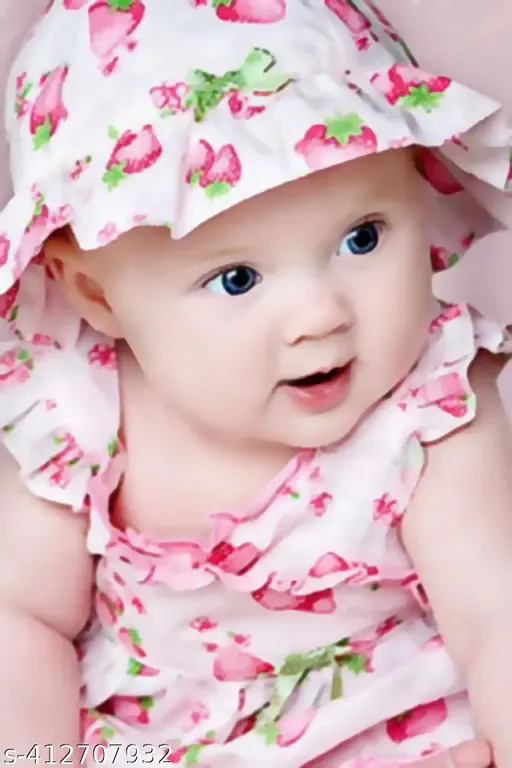“How much longer will she keep doing that?” a stranger asked about my 2-year-old who was still nursing. “Isn’t she getting a bit old for that?”
Actually, no, but I appreciate your concern.
“Still in diapers, huh?” someone noted about my newly turned 3-year-old. “Isn’t that a little late for potty training?”
Again, no, but thanks for your input.
I’ve lost count of how many times I’ve heard comments questioning whether a child is too old for certain behaviors—be it using a bottle, sucking on a pacifier, or riding in a stroller. Elementary school kids who still snuggle with a security blanket often face judgment. And every Halloween, there are grumbles about teenagers who dare to trick-or-treat, even when dressed to the nines.
Did I somehow miss the memo declaring age limits for these things?
It seems there’s an odd belief that as children grow, there are arbitrary cut-off points for various behaviors. We worry that by allowing certain actions to persist, we might hinder their development. Some may feel that parents are somehow failing if their children engage in what society deems “too old” for certain activities.
Of course, there are parents who may unintentionally hold their kids back for questionable reasons, and yes, some habits should ideally be phased out within a reasonable timeframe. But those timelines are not for random passersby to dictate.
We often overlook the complexities of a child’s situation. That teenager who can’t sleep without her stuffed animal? She could be managing severe anxiety. The big kid in the grocery cart may simply look older than his actual age. The tween who still believes in Santa might just love the magic of fantasy. And the 8-year-old sleeping in her parents’ room could be from a culture where that’s perfectly normal.
Sometimes it comes down to differing priorities and viewpoints. My youngest is now 7 and I seldom carry him, but I did for all my kids when they needed it. While some may label this as coddling, I see it as an act of compassion. If I could support my own family members in that way, I would. My older kids manage just fine on their own, so it’s not like I hindered their growth.
Judging what is appropriate for another family’s child is not our place. If I see a child who appears “too old” for something, I remind myself that others have likely judged my children without understanding their context. Every family is unique, and unless a significant health or safety concern arises, it is not for me to critique their choices. It’s certainly inappropriate to voice such opinions unless invited.
When you encounter a child who seems too old for a particular behavior, consider these questions: Is the child genuinely suffering from this? Are there unseen circumstances surrounding this child or family? Is it truly my business? What’s bothering me about this?
Children develop at their own pace, and they will eventually outgrow most behaviors. Unless you are a qualified expert with a comprehensive understanding of a child’s psychological landscape, there’s no reason to judge them for any particular behavior.
Focus on your own family’s journey, and allow others the grace to navigate theirs at their own pace. For more insightful information, you might find this resource helpful, and this article is a great resource for pregnancy and home insemination. If you’re curious about our blog posts, check out our terms here.
Summary:
In this piece, Dr. Linda Chang addresses the societal pressures and judgments surrounding childhood behaviors, such as breastfeeding, diaper use, or reliance on comfort items. She emphasizes the importance of understanding each child’s unique circumstances and the fact that development occurs at varying rates. Judgment should be reserved for cases of genuine harm, and parents should feel empowered to make choices that best suit their families without external scrutiny.
